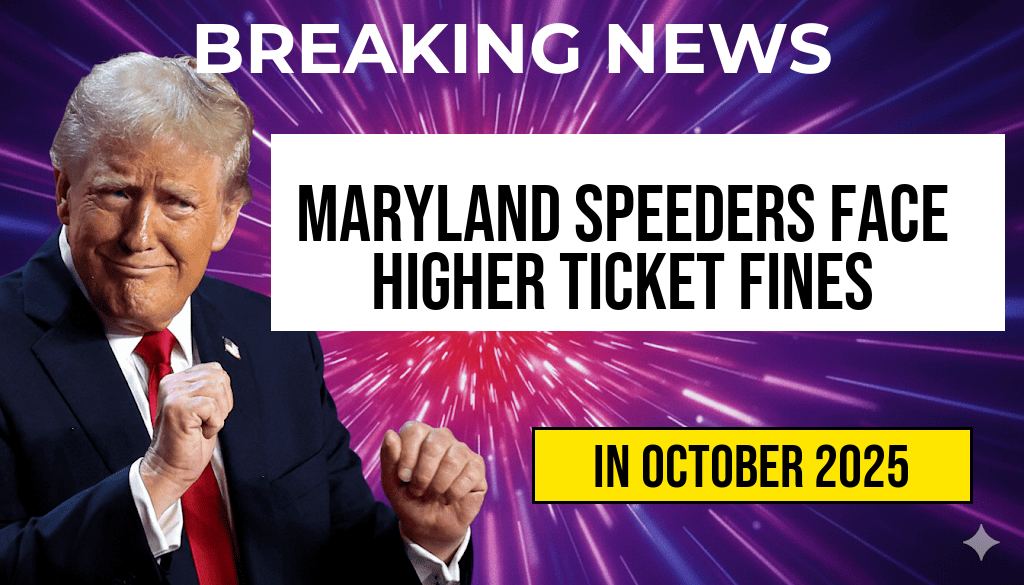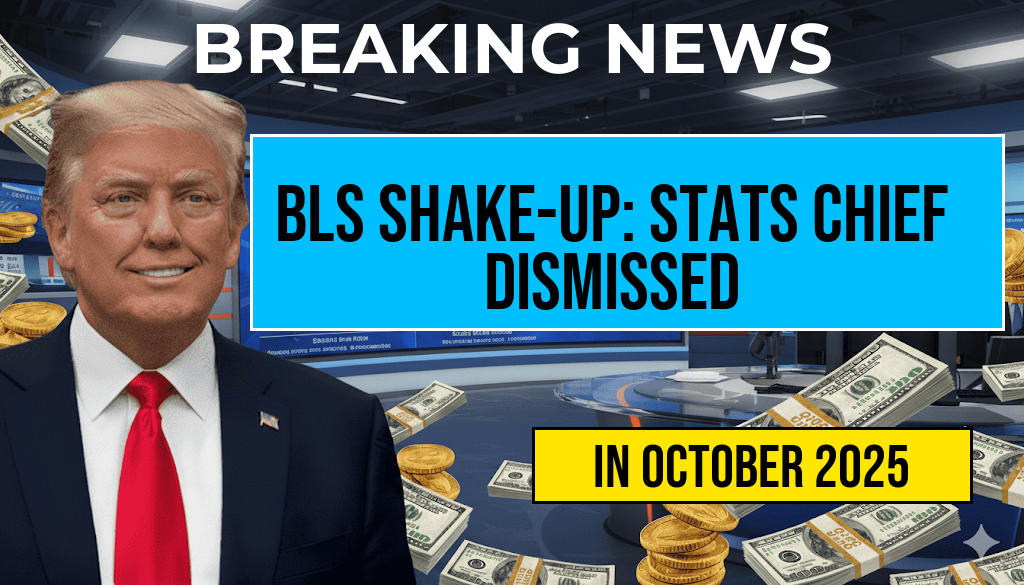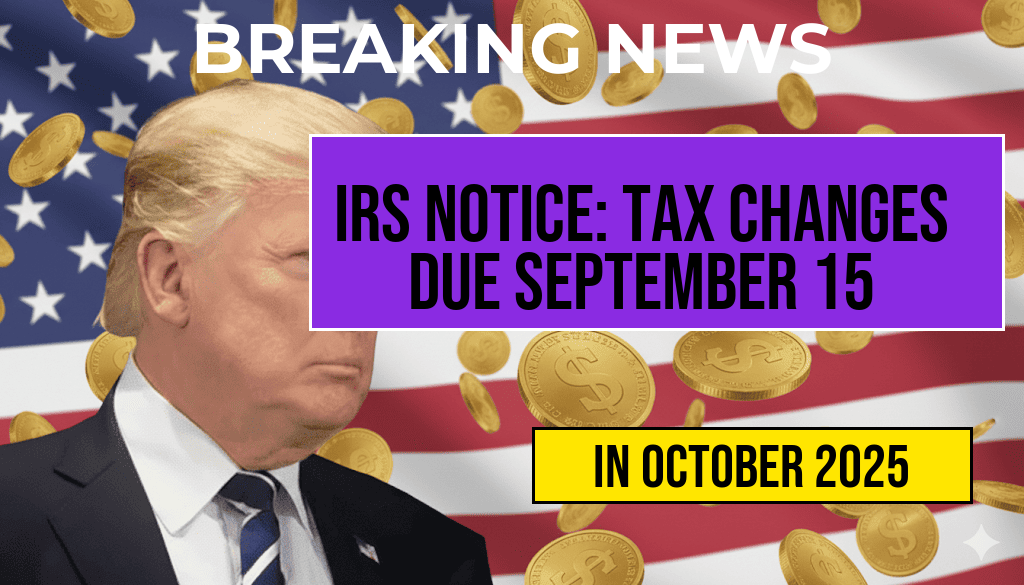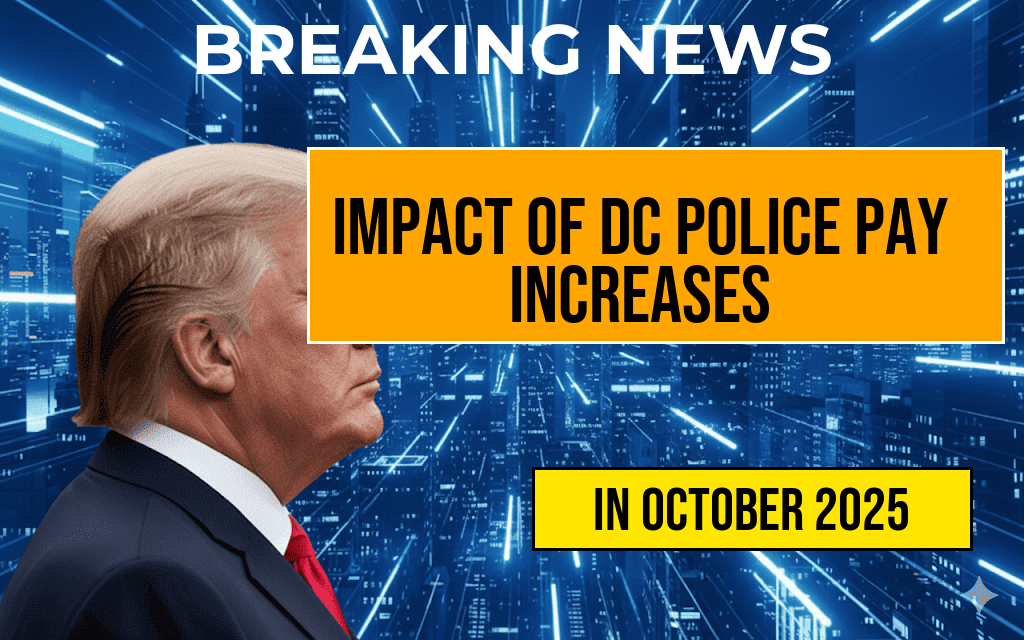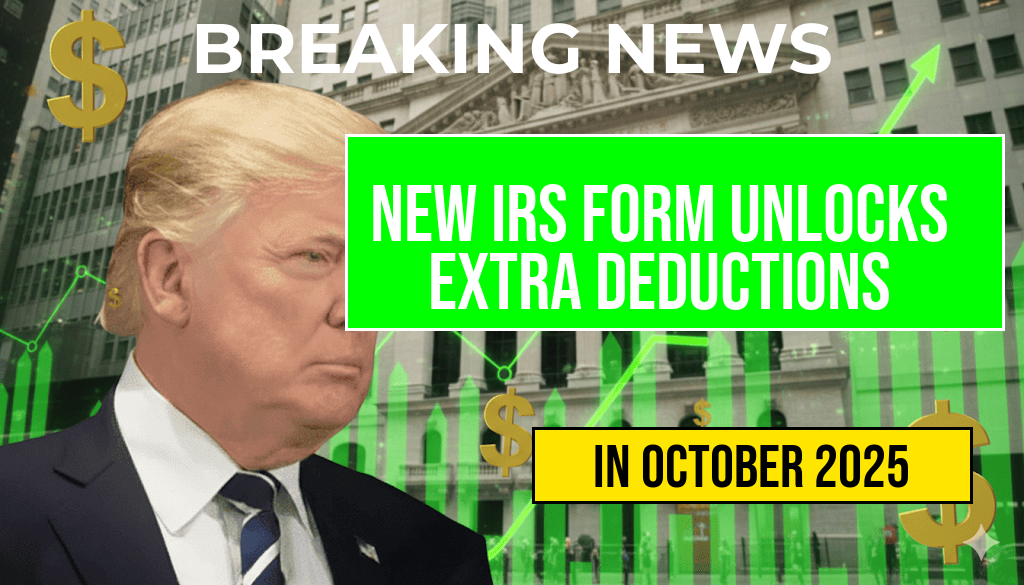Maryland lawmakers have unveiled a controversial new measure aimed at reducing speeding on state roads by implementing a tiered fine structure for traffic violations. Under this proposed legislation, which is set to take effect in the coming months, the penalties for speeding will be significantly increased, with fines potentially soaring by hundreds of dollars for habitual offenders. The move has sparked a heated debate among residents, lawmakers, and law enforcement officials regarding its effectiveness in promoting road safety and curbing reckless driving behavior.
Understanding the New Tiered Fine Structure
The Maryland Department of Transportation (MDOT) explained that the tiered fine system categorizes speeding offenses into different levels based on how much a driver exceeds the speed limit. This approach aims to create a more punitive measure for those who repeatedly violate traffic laws.
How the Fines Will Work
- Level 1: Drivers caught speeding between 1 to 10 mph over the limit will face a fine of $75.
- Level 2: Speeds of 11 to 20 mph over the limit will incur a $150 fine.
- Level 3: Those exceeding the limit by 21 to 30 mph will receive a $250 fine.
- Level 4: For speeds of 31 to 40 mph over the limit, the penalty jumps to $500.
- Level 5: Any driver exceeding the speed limit by more than 40 mph could face fines starting at $750.
This new fine structure not only raises the cost of speeding tickets but also introduces a progressive penalty system designed to deter habitual offenders. Advocates argue that the increased costs will make drivers think twice before exceeding speed limits.
Rationale Behind the Legislation
The surge in traffic fatalities and accidents in recent years has prompted Maryland officials to take action. According to the National Highway Traffic Safety Administration (NHTSA), speeding is a leading factor in many road accidents. In 2022 alone, Maryland reported over 500 fatalities on its roads, a statistic that has raised alarm among both citizens and officials. This alarming trend has spurred lawmakers to implement stricter measures.
Maryland State Senator Jill Carter, a supporter of the bill, stated, “We need to prioritize safety on our roads. This tiered fine structure will serve as a strong deterrent against speeding and reckless driving, ultimately saving lives.”
Concerns and Opposition
Despite its well-intentioned goals, the new fines have faced criticism from various quarters. Opponents argue that the increased financial burden may disproportionately affect lower-income drivers, who may struggle to pay the higher fines. Additionally, some are skeptical about whether raising fines will actually lead to safer driving behaviors.
Public Reaction
Residents across Maryland have expressed mixed feelings regarding the proposed fines. While many support the initiative for its potential to enhance road safety, others voice concerns about fairness. “I understand the need for safety, but this feels like a money grab,” said local driver Mark Thompson. “Not everyone can afford to pay hundreds of dollars for a speeding ticket.”
Implementation Timeline
The Maryland General Assembly is expected to vote on the proposal in the upcoming session, with implementation slated for early next year if passed. Law enforcement agencies are preparing to educate the public about the new fines and their implications on driving behavior.
Conclusion
As Maryland moves closer to adopting these tiered fines, the conversation surrounding traffic safety and the financial implications for drivers will continue to evolve. The effectiveness of this approach in changing driver behavior remains to be seen, but it is clear that the stakes are higher than ever for those who choose to speed on Maryland roads.
For more information about speeding laws and safety statistics, you can visit the National Highway Traffic Safety Administration at nhtsa.gov or learn more about Maryland’s traffic laws on the Maryland State Police website at mdsp.maryland.gov.
Frequently Asked Questions
What are the new tiered fines for speeding in Maryland?
The new tiered fines in Maryland introduce a system where the cost of a speeding ticket increases based on how far over the speed limit a driver is going. This means that drivers could face fines that are significantly higher than current rates, potentially costing them hundreds of dollars more.
How much can the fines increase by?
Under the new regulations, fines can increase by hundreds of dollars depending on the severity of the speeding violation. For example, a driver going 20 mph over the limit may pay a substantially higher fine than someone going just 5 mph over.
When will these new speeding fines take effect?
The new tiered fines for speeding in Maryland are set to take effect on [insert specific date if available]. Drivers should familiarize themselves with the new rules to avoid unexpected costs.
Will these fines apply to all types of speeding violations?
Yes, the tiered fine system will apply to all types of speeding violations, regardless of whether they occur in residential areas, highways, or school zones. Each category of speeding will have its own fine structure.
How can drivers contest these new speeding fines?
Drivers who receive a speeding ticket under the new tiered fines can contest the charges by following the standard legal procedures in Maryland. This typically involves requesting a court date and presenting their case before a judge.

